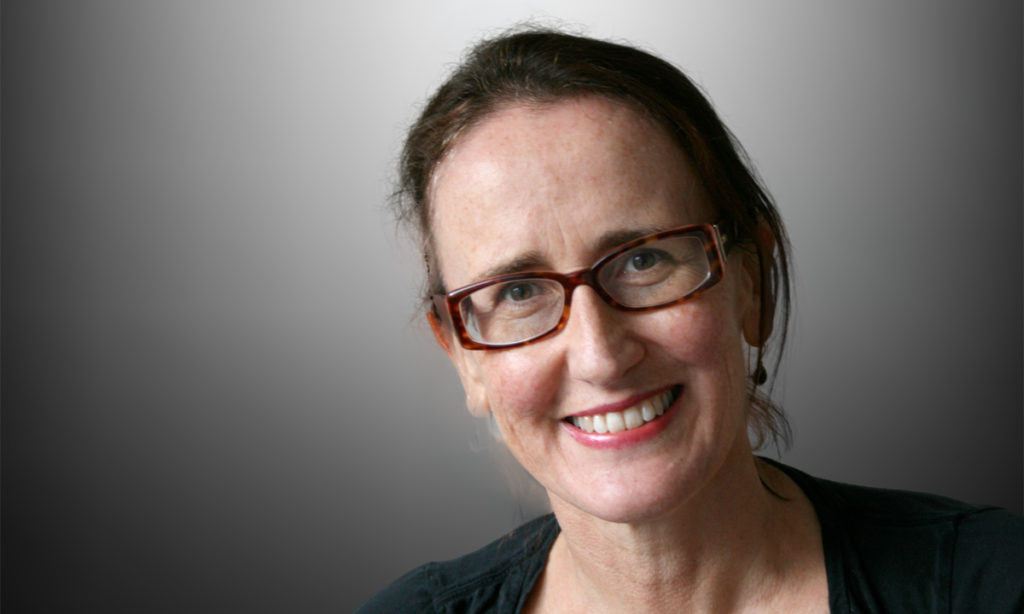IN the summer of 1984, Australian gastroenterologist Barry Marshall quaffed a cup of lukewarm beef extract laced with Helicobacter pylori to confirm the then outlandish hypothesis that the bacteria caused gastric ulcers.
With conventional wisdom blaming ulcers on stress, sufferers at the time were generally treated for psychiatric rather than physiological symptoms.
Professor Marshall, of course, went on to win the Nobel Prize for his groundbreaking work (published in the MJA on 1 April 1985), though he exposed himself to considerable gastric discomfort along the way.
It’s doubtful he would have received ethics approval for the research if he’d sought to conduct it on anybody but himself.
Human challenge trials, where participants are deliberately exposed to an infectious agent to test the efficacy of a vaccine or treatment, have long been part of medical research and are still widely used in influenza and malaria.
Could they be used to accelerate development of a vaccine against coronavirus disease 2019 (COVID-19)?
Some researchers argue the benefits in reducing the global toll of the disease would outweigh the risks to participants in properly conducted trials, particularly if the studies were conducted in young, healthy people whose risk of serious side effects was low.
“A novel strain of coronavirus forces us to consider unconventional approaches,” Harvard epidemiologist Professor Mark Lipsitch and colleagues wrote in the Journal of Infectious Diseases earlier this year.
“[Controlled vaccine challenge studies are] not without risk, but every week that vaccine rollout is delayed will be accompanied by many thousands of deaths globally.”
To ensure informed consent, conductors of trials would need to take multiple measures to communicate the “unusual risks” to participants, these authors wrote.
To be clear, those unusual risks would include people in the placebo group being given a viral dose high enough to ensure most would become infected with the disease.
That might not sound like a great deal for study volunteers, but advocacy group 1Day Sooner says thousands of people have signed up on its website to volunteer for such trials should they eventuate.
Regulators are not ruling it out either. The World Health Organization earlier this year set out the ethical criteria controlled challenge studies of a COVID-19 vaccine would need to meet, including for participant selection and informed consent.
Well designed human challenge studies were “one of the most efficient and scientifically powerful means for testing vaccines”, the WHO said, while also acknowledging they were “ethically sensitive”.
And researchers at the US National Institutes of Health are working to produce a strain of the virus that could be used in challenge trials, according to a Reuters report from 14 August 2020.
Not everybody agrees that this would be an acceptable strategy to combat the pandemic, though.
Canadian bioethicist Charles Weijer argues deliberate infection of participants in challenge studies cannot be ethically justified when there is no curative treatment for the disease.
On top of that, the recent emergence of COVID-19 means we don’t know what the long term health effects for participants might be, Professor Weijer says.
“If ethical standards are lowered and COVID-19 challenge studies are allowed to proceed, my fear is that volunteers will suffer irreparable harm and die,” he writes.
“This runs the risk of undermining public trust in both research and vaccines. Public trust is now – and will remain – an indispensable element in our efforts to defeat COVID-19.”
Speedy development of an effective, and long-lasting, vaccine is what we all want, but deciding what we’re prepared to do to achieve that may not be straightforward.
Jane McCredie is a Sydney-based health and science writer.
The statements or opinions expressed in this article reflect the views of the authors and do not represent the official policy of the AMA, the MJA or InSight+ unless so stated.

 more_vert
more_vert
….and after Prof Marshall finding of the cause of peptic ulcers …..then Professor Tom Borody developed the triple therapy cure for peptic ulcers in 1987 thereby saving the Australian health system more than $10 billion in medical care and operations.
And now Prof Borody has developed ivermectin-based triple therapy regimen as a potential cure for COVID-19.
This is a curative treatment rather than a vaccine.
https://www.ausdoc.com.au/news/dr-thomas-borody-why-he-wants-gps-prescribe-ivermectin-covid19
Strangely, it seems the major effort is vaccines focussed rather than cure focussed imho.
No mention of Professor Marshalls latest treatment for COVID-19. Maybe this was written prior to his appearance on Sky News last week?